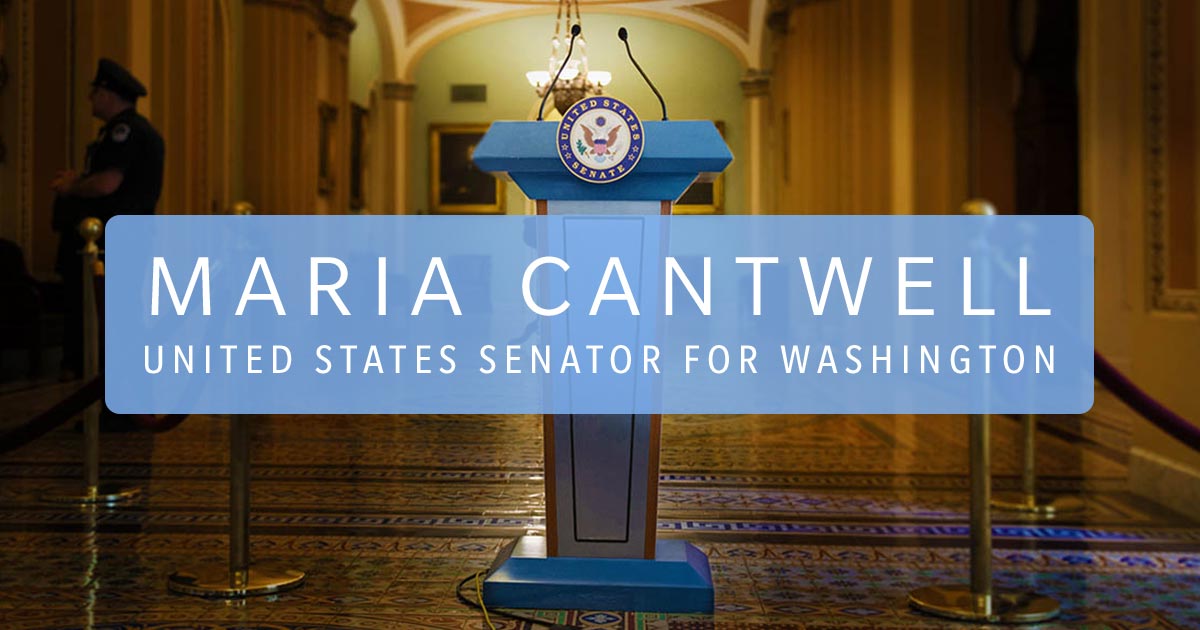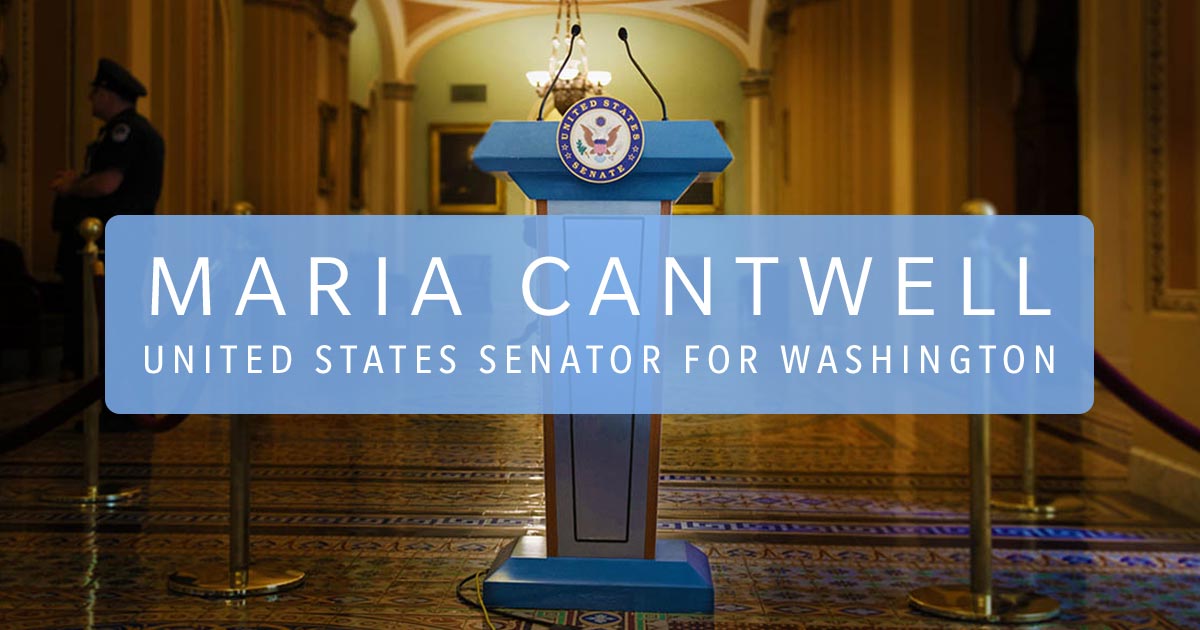Source: United States Senator for West Virginia Shelley Moore Capito
WASHINGTON, D.C. — Today, U.S. Senator Shelley Moore Capito (R-W.Va.) joined a group of bipartisan colleagues to introduce the Leveling the Playing Field 2.0 Act. This bipartisan legislation – led by U.S. Senators Todd Young (R-Ind.) and Sherrod Brown (D-Ohio) – would strengthen U.S. trade remedy laws and ensure they remain effective tools to fight back against unfair trade practices and protect American workers.
The legislation updates the previous Leveling the Playing Field Act, which was signed into law in 2015, and addressed persistent and evolving threats from unfair competition. The new bill would establish the new concept of “successive investigations” to improve the effectiveness of the U.S. trade remedy system in responding to repeat offenders and serial cheaters, helping to level the playing field for American workers. Additionally, the bill responds to China’s Belt and Road Initiative that provides Chinese government subsidies for products made in other countries.
“I’m proud to join my colleagues to introduce bipartisan legislation that stands up for American manufacturers and workers, and fights back against unfair trade practices in China,” Senator Capito said. “Congress must make the effectiveness of our trade economy a high priority, and work to support our employers and employees as they keep our country running.”
BACKGROUND:
The Leveling the Playing Field 2.0 Act would update U.S. trade remedy law to establish the new concept of “successive investigations,” to improve the effectiveness of the U.S. trade remedy system in curbing circumvention efforts from bad actors designed to undercut our domestic industries and increase market share.
American companies are on the receiving end of China’s increasing predatory economic behavior. In recent years, China’s unfair trade practices have culminated into economic consequences that affect American workers. For example, Chinese-supported companies move portions of production to other countries to circumvent American duties, a practice known as “country hopping,” and China’s Belt and Road Initiative unfairly subsidizes products made in other countries, rather than just in China. American companies also have to contend with long lead times before the U.S. Department of Commerce initiates a new anti-circumvention inquiry.
Around half of unfair trade cases are in the steel industry. However, these unfair trade cases also affect industries that make engines, furniture, hardwood plywood, welded pipe, solar panels, pipes and tubes, wood moldings, truck trailer chassis, magnesium, paper, industrial materials, carrier bags, magnesia bricks, kitchen cabinets, quartz countertops, tires, and many others.
The Leveling the Playing Field 2.0 Act pushes back against China’s anti-free market practices by providing the U.S. Department of Commerce with more tools to stop circumvention tactics by:
- Creating a new type of AD/CVD investigation, called a successive investigation, which improves the effectiveness of the trade remedy law to combat repeat offenders by making it easier for petitioners to bring new cases when production moves to another country.
- Providing expedited timelines for successive investigations and new factors for the International Trade Commission to consider about the relationship between recently completed trade cases and successive trade cases for the same imported product.
- Providing Commerce the authority to apply CVD law to subsidies provided by a government to a company operating in a different country.
- Imposing statutory requirements for anti-circumvention inquiries to clarify the process and timeline.
- Specifying deadlines for preliminary and final determinations.
# # #







